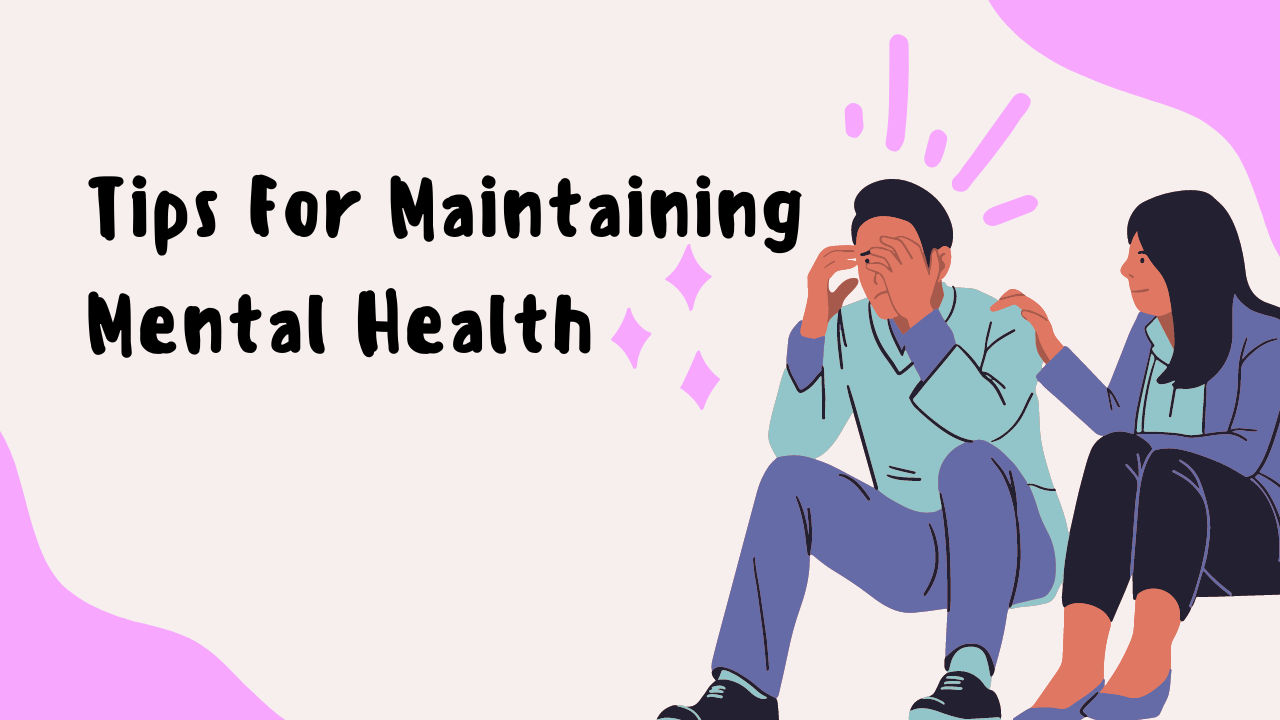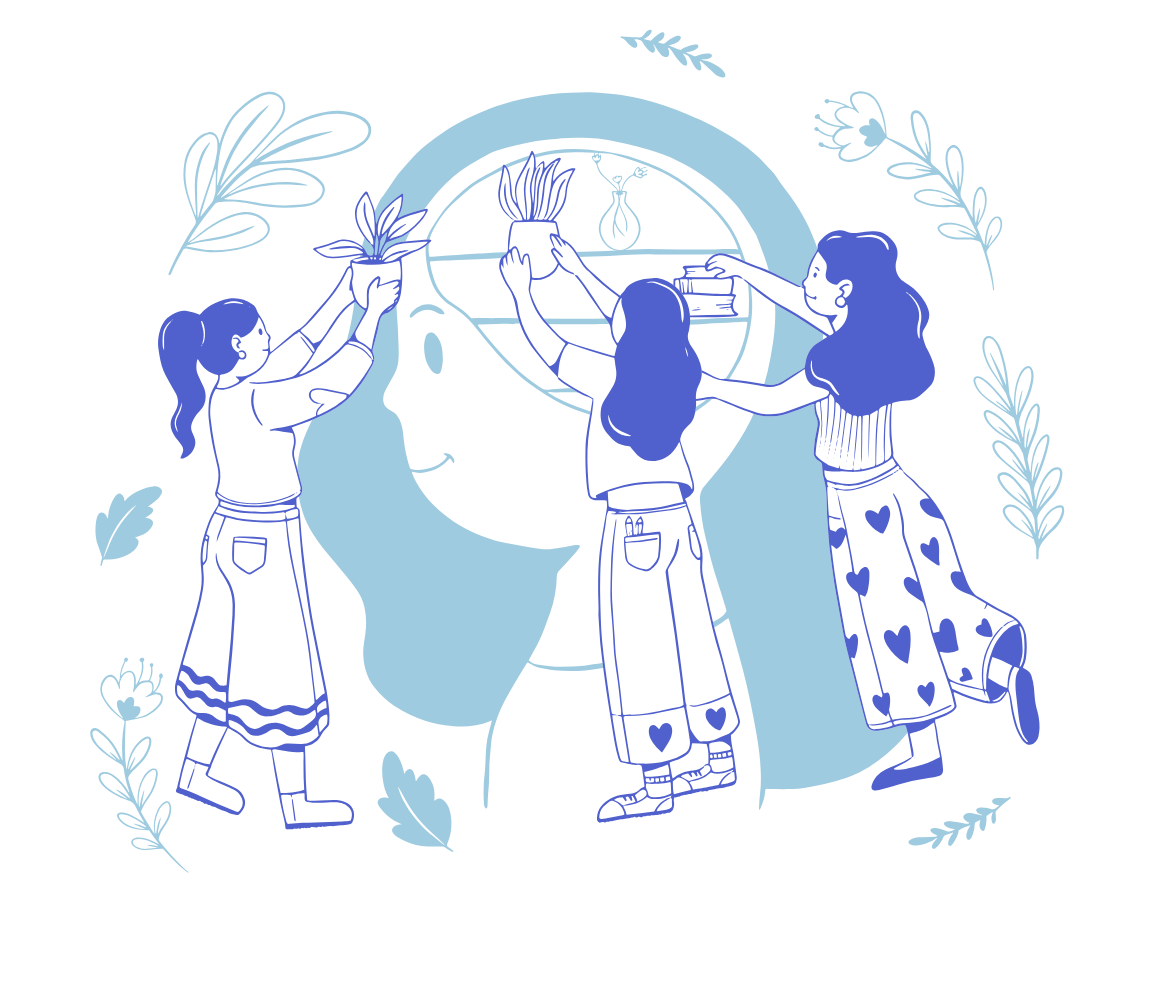
What Is Mental Health?
Mental health is a crucial aspect of our overall well-being. It refers to our psychological health and encompasses a range of factors, including our thoughts, emotions, and behaviors.
What is mental health, exactly? At its core, mental health refers to our emotional, psychological, and social well-being. It affects how we think, feel, and behave, and influences our ability to handle stress, relate to others, and make choices. It affects how we think, feel and act. It also helps determine how we handle stress, relate to others, and make healthy choices. Mental health is important at every stage of life, from childhood and adolescence through adulthood. To define mental health, we can also turn to the World Health Organization (WHO), which describes it as a state of well-being in which an individual realizes their own potential, can cope with the normal stresses of life, can work productively and fruitfully, and is able to make a contribution to their community.
As we know poor physical health and physical illness are two different things, like we may be overweight (an identifier of poor physical health) but not necessarily diabetic, which is a physical illness. Similarly, poor mental health and mental illness are not the same things A person can experience poor mental health and not be diagnosed with a mental illness. Likewise, a person diagnosed with a mental illness can experience periods of physical, mental, and social well-being. In that sense, Psychological health is an integral part of mental health. It pertains to our cognitive and emotional functioning, as well as our ability to cope with stress and life’s challenges.
What Is Mental Illness?
The meaning of mental health goes beyond the absence of mental illness. It encompasses a state of overall well-being and involves balancing our emotions, thoughts, and behaviors to achieve optimal functioning.
Mental illnesses are conditions that affect a person’s thinking, feeling, mood or behavior such as depression, anxiety, bipolar disorder or schizophrenia. Such conditions may be occasional or long-lasting (chronic) and affect someone’s ability to relate to others and function each day. On the other hand, Mentally healthy individuals are those who are able to cope with life’s challenges, form positive relationships, and maintain a sense of purpose and meaning in their lives. They prioritize self-care and are proactive in managing their mental health.
What are the causes of mental illness?
There is no single cause for mental illness. Many factors can contribute to risk for mental illness, such as
- Early adverse life experiences, such as trauma or a history of abuse (for example, child abuse, sexual assault, witnessing violence, etc.)
- Experiences related to other ongoing (chronic) medical conditions, such as cancer, diabetes, or tuberculosis.
- Biological factors, such as genes or chemical imbalances in the brain
- Use of alcohol or recreational drugs
- Having few friends
- Having feeling of loneliness or isolation
- Your lifestyle, such as diet, physical activity, and substance abuse
How to treat Mental Illness?
Choosing the right mix of treatments and supports that work for you is an important step in the recovery process. Treatment choices for mental health conditions will vary from person to person. Even people with the same diagnosis will have different experiences, needs, goals, and objectives for treatment. There is no “one size fits all” treatment.
Many tools can improve the experience on the road to wellness: medication, counseling (therapy), social support, and education. Therapy, for example, can take many forms, from learning relaxation skills to intensively reworking your thinking patterns. Social support, acceptance, and encouragement from friends, family, and others can also make a difference. Education about how to manage a mental health condition along with other medical conditions can provide the skills and supports to enrich the unique journey toward overall recovery and wellness.
Innovations in the range of evidence-based medications, therapy, and psychosocial services such as psychiatric rehabilitation, peer supports have made wellness and recovery a reality for people living with mental health conditions.
What should I do?
If you or a family member or friend is struggling, help is available. Seek help from counselors near you or connect with them online. You can also consider ‘Lisners’, which is amongst the best Mental Health and Wellness Apps in India and provides telephonic counseling services by the country’s best therapists, counselors, psychologists, lawyers, and social workers. While there are many Mental Well Being Apps in the market, the counseling sessions on Lisners are completely anonymous and confidential even counselors don’t have access to your details like your contact numbers or location. So take that first step and let’s talk.


